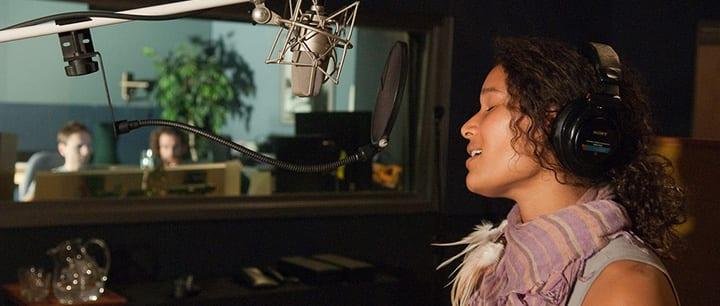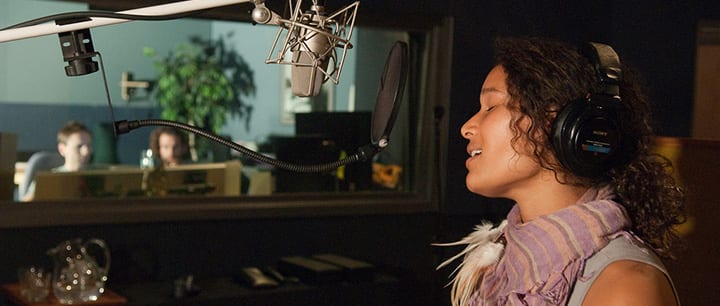Think you’re ready to write your own song and record it? Songwriting can be an arduous process – but seeing the final product is an amazing feeling. Read on for a helpful pre-recording checklist from Perth Amboy, NJ teacher Jeff S...
Whether you’re singing your own song or hiring a vocalist to sing on your demo or master, there are many layers of preparation needed to ensure optimum results. Some songwriters like to wing it and hope that things will magically work out because they picked a great studio or have good equipment or simply feel that their song is destined to become a huge hit–or perhaps because they don’t want to risk the vocal performance sounding too rehearsed and stiff. But that mindset, in my opinion, falls under the categories of foolishness, laziness, or wishful thinking. The fact is, there are several questions you need to ask yourself before the recording session begins and prior to a singer stepping behind a mic to cut their vocal. Your sessions will go a lot more smoothly and successfully if you take the time to put yourself and your song through a series of questions.
After you write your song, here’s what to consider before recording it and/or booking vocal sessions:
- What’s the song structure? Is it a Verse/Chorus song? Verse/Bridge? Does it have a solo section? Trust me–it’s really worth determining the structure well in advance of the session. A little planning time now will save you studio time, money, and aggravation later.
- What’s the tempo? I would urge you to pinpoint a BPM (beats per minute) setting before you start recording a single note. You can use a metronome to do this.
- What kind of groove do you want the drums to have? Steady? Relaxed? Frenetic? Edgy? Sparse? Busy? Acoustic? Electric? Electronic? Do you need percussion, too?
- How long is the song? Have you timed it out (including intro and fade ending)? If it comes in at over five minutes, you should at least consider doing a radio edit of the long version that puts it between 3 1/2 and 4 1/2 minutes. Time out your song prior to recording it. Radio and many other end-users for your recording usually don’t respond well to epic-length tracks.
- What’s the style? Pop? Rock? Country? R&B? Hip-Hop? If you don’t know, you would be wise to get a handle of it before setting foot in the studio.
- What’s your instrumentation going to be? Are you tracking with live players (and most importantly, are you going to need a live drummer?) or doing a MIDI recording? If you’re using live players, you need to get all your money matters in order prior to booking the session.
That’s a lot of stuff to think out and plan for, but it will be well worth the time you spend. I hope it leads you to many great recordings and vocal sessions.
 Jeff S. teaches guitar, ukulele, speaking voice, songwriting, and more in Perth Amboy, NJ, as well as online. Jeff has created and taught songwriting and music business classes at colleges, universities, and music schools throughout the country for many years. Learn more about Jeff here!
Jeff S. teaches guitar, ukulele, speaking voice, songwriting, and more in Perth Amboy, NJ, as well as online. Jeff has created and taught songwriting and music business classes at colleges, universities, and music schools throughout the country for many years. Learn more about Jeff here!
 Photo by Jesse Wagstaff
Photo by Jesse Wagstaff
Suzy S.

